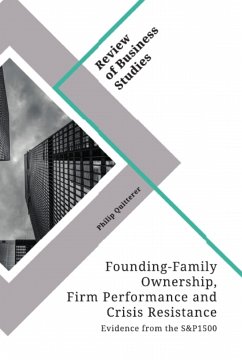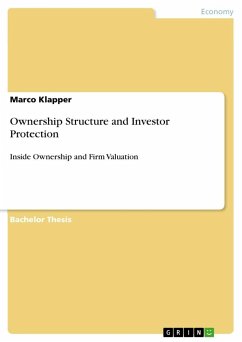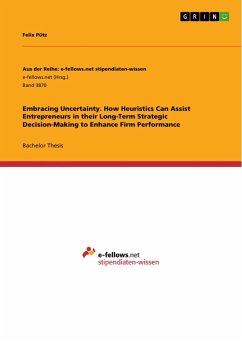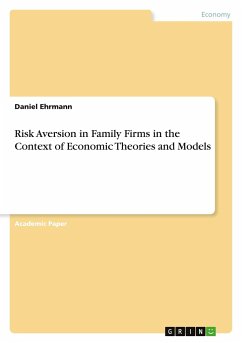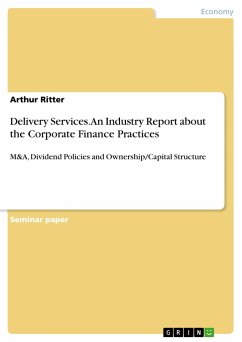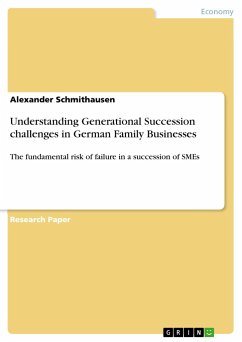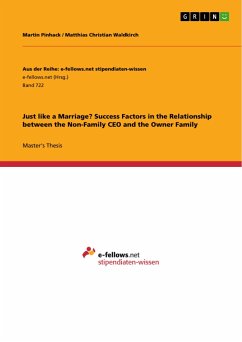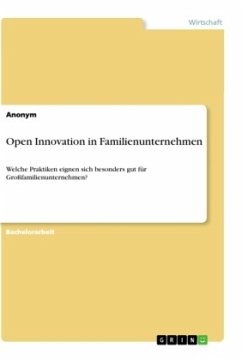Master's Thesis from the year 2019 in the subject Business economics - Review of Business Studies, grade: 1,3, University of Mannheim, language: English, abstract: To further complete the currently fragmented findings of family firm research, this empirical thesis analyses the performance of large founding-family firms listed in the USA. Thus, this research builds up upon the studies of Anderson and Reeb (2003), Cannella et al. (2015), Miller et al. (2007; 2011), and Villalonga and Amit (2006). For the analysis, a random sample of S&P1500 firms in the period 1996 - 2018 was generated. To obtain information on family firm variables such as ownership and managerial involvement, a manual research was conducted for all 300 firms in the sample using annual reports and proxy statements. The impact of several aspects of founding-family involvement was analysed in a panel data analysis that employed the performance measures Tobin's Q and Return on Assets as dependent variables. Controlling for industry and firm characteristics, the results did not back up the postulated hypotheses. The findings could not support an eventual outperformance by founding-family firms and challenged the results of past studies through contrary findings on the influence of firm founders and their descendants. The results of the analysis of Tobin's Q and Return on Assets differ significantly and raise the question to which extent these differing results can be attributed to the stock market's view on founding-family firms.
Hinweis: Dieser Artikel kann nur an eine deutsche Lieferadresse ausgeliefert werden.
Hinweis: Dieser Artikel kann nur an eine deutsche Lieferadresse ausgeliefert werden.

